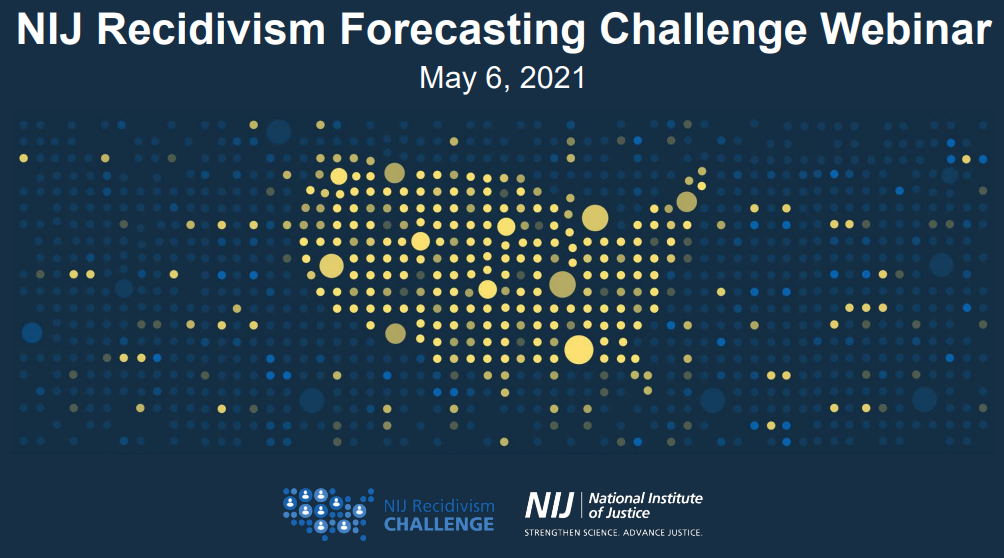Peer reviews
Research and Evaluation on Domestic Terrorism Prevention: A Prospective Longitudinal Analysis of Extremism Exit
Validation of a Confirmatory Proteomic Mass Spectrometry Body Fluid Assay for Use in Publicly Funded Forensic Laboratories
Evaluating the Efficacy of the SAFeR Approach to Improving Legal Responses to IPV: A Randomized Controlled Trial
Fatal and Non-Fatal Intimate Partner and Family Violence Against Older Women: An Exploration of Age and Police Response to Inform Research, Policy and Practice
Research on the Impact of Public Policy on Racial and Ethnic Disparities in Federal Sentencing
Examining Equity in State Victim Compensation Programs: A Multilevel Analysis
Phase Two of ETA: Evaluation of Technology-based Advocacy Services: Assessment of Program Outcomes
Twenty Years Later: National Study of Victim Compensation Program Trends, Challenges, and Successes.
Beyond Band-Aids for Bullet Holes: Firearm Violence As a Public Health Priority
Understanding Economic Abuse Across the Globe
NIJ Recidivism Forecasting Challenge Webinar Transcript
Challenge has closed
Thank you to everyone who submitted an entry. Winners will be notified by August 16, 2021, and posted online.
Winners are to submit paper outlining the variables that were tested, indicating which were of statistical significance and which were not, by September 17, 2021.
DARYL FOX: Good afternoon, everyone. Welcome to today's webinar. NIJ's Recidivism Forecasting Challenge, hosted...
National Firearms Examiner Academy Forensic Science Training
Development of a Forensic Quality Mitogenome Haplotype Database from 5000 High Quality Samples Using Next-Generation Sequencing Methods
Post-Blast Explosives Attribution
Non-Contact Detection of Fentanyl and Other Synthetic Opioids
Expanding Research to Examine the Impacts of Forensic Science on the Criminal Justice System
In 2004, the National Institute of Justice created the social science research on forensic sciences (SSRFS) research program to explore the impact of forensic sciences on the criminal justice system and the administration of justice. Much of the early research from the SSRFS program focused on DNA processing and the use of DNA in investigations and prosecutions.
See the YouTube Terms of Service and Google Privacy Policy


